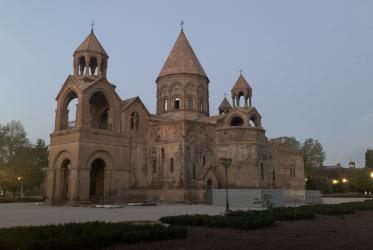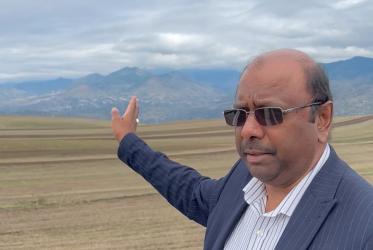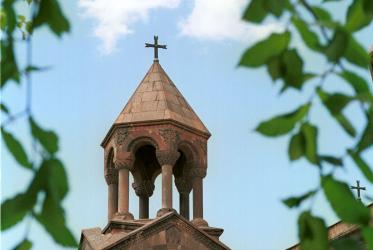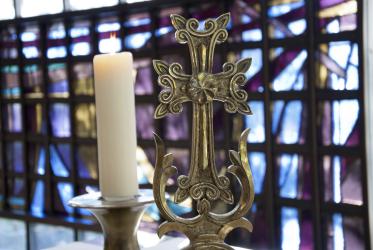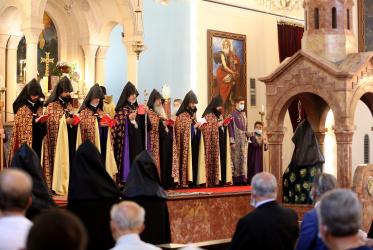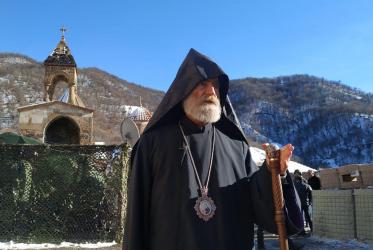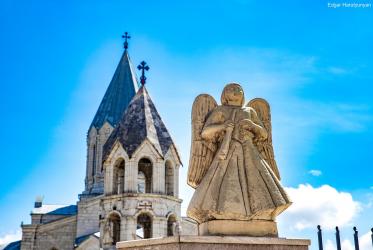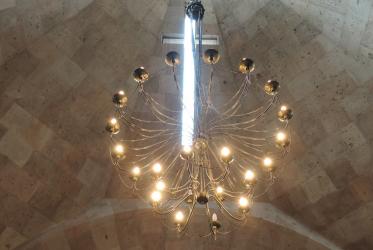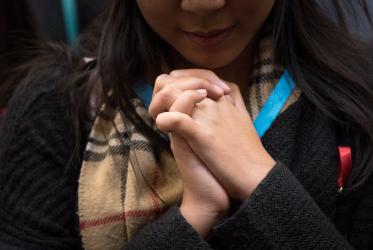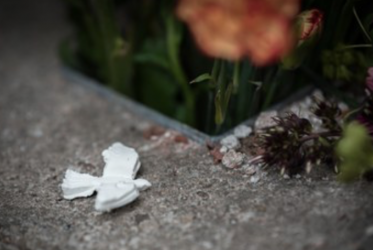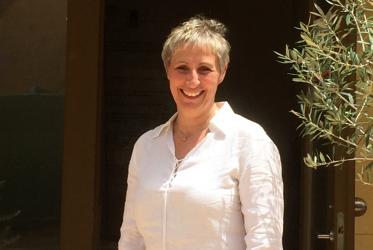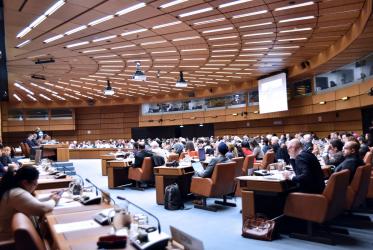Displaying 1 - 20 of 33
Ecumenical delegation visits Armenia
19 September 2023
WCC delegation to visit Armenia
15 September 2023
WCC condemns recent extremist attacks around the world
03 November 2020
WCC well-represented in Religions for Peace leadership
07 October 2019
Creating a better future for Syrian-Armenian youth
29 March 2018
Turning plans into action to prevent incitement to violence
14 February 2018

